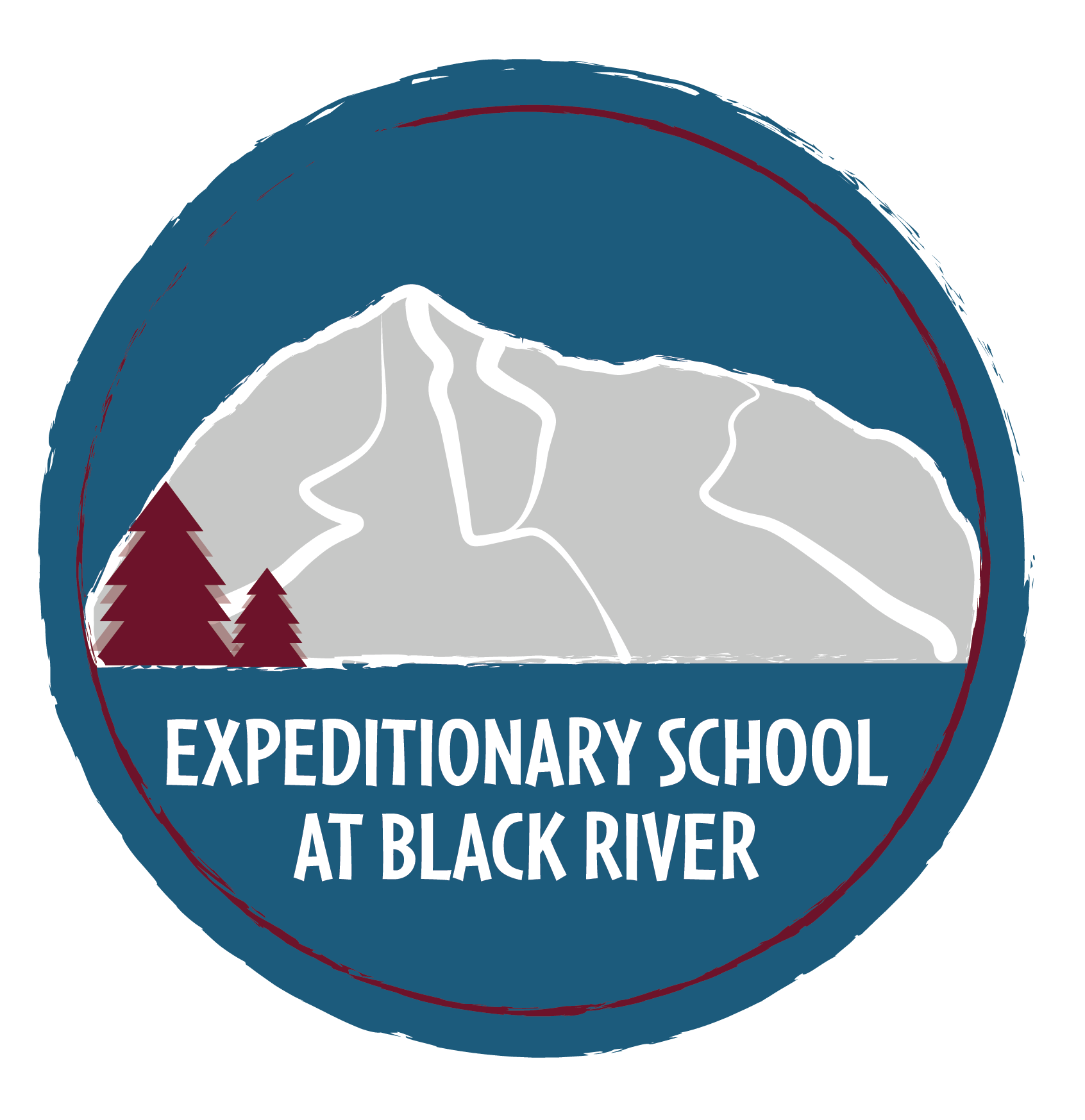Environmental Stewardship
Students will connect to wild places and will gain an understanding and respect for the natural world through the curriculum and practicum. Students will be able to: Explore the natural world through observation and application of ecological concepts, and develop a sense of place built in relationship to experiencing wilderness. Students will be able to articulate an environmental ethic and understand land management and environmental issues. They will learn about minimizing their impact on the environment, and learn the difference between avoidable impact and unavoidable impact.
What that means to us:
• Ecological education is not a minor academic focus, but, like democracy or leadership, a core value that we seek to integrate throughout our students’ experience.
• A core belief is that we all should leave a place better than we found it, which relates to land, buildings, community, relationships. o Recycling a building vs rebuilding or remodeling, for example, is less impactful.
• Expeditionary School at Black River will teach students ecological concepts and how to care for their environment and expose them to local agricultural and environmental issues, opportunities and concerns (farm to table, Green Up Day).
• The school will teach students about Environmental Impact Statements - teaching them how to read, understand and be able to develop their own.
What that means for students:
• Students may do Research Analyses regarding environmental and ecological concerns.
• In addition to academic preparation regarding ecological systems and environmental politics, students will practice environmental stewardship as a part of their daily lives at school (recycling, composting).
• They will learn about their roots in the land through food production and preparation, will meet farmers, loggers, and planners, and through regular outdoor trips in the local area and region, and will emerge with a real attachment to place and a visual, physical understanding of where they live.
